What are the odds of winning the lottery? This seems like a simple question (and yes, there is a simple answer), but there are a few technical details to work out first...
Which lottery? Let's say the Powerball Lottery.
When?
The number of balls used in the Powerball lottery has changed over time. Let's focus on the current lottery configuration (59 white balls, and 35 red balls).
What is a "Win"?
You select 5 numbers from 1-59 (white balls) and 1 number from 1-35 (red balls). If all the numbers you pick match the ones drawn, you win the lottery jackpot. The order of the numbers is not important.
Is the drawing Fair/Random? ...
We will assume that the drawing of the winning balls is held to the highest standard, and the probability of any ball being chosen is equal.
According to Wikipedia: Two identical machines are used for each drawing, randomly selected from four machines. The model of machine used is the Halogen, manufactured by Smartplay International.
According to the Iowa lottery page... The balls used for the Powerball drawing are changed if they show enough wear to warrant the change. In other words, there is no set time. There are actually four sets of balls of each color (4 red, 4 white) and the sets used for a particular drawing are randomly chosen before the drawing occurs. The balls are only used for Powerball and they are weighed and X-rayed on a periodic schedule. The balls are always locked in a vault with the drawing machines and are only used under the supervision of an independent auditor.
---
So, as you see, the lottery itself is fairly straightforward ... the more difficult part is how do you define the term "odds"? Quite often, people confuse the terms "odds" and "probability" -- even the lottery organizations themselves often confuse the terms (see Example 2.1 in this paper). If you're reading a SAS blog, I'm sure you will want the distinction to be clear and exact :-)
I like the way that "Dr. Math" describes the distinction:
Odds = (Chances for) : (Chances against)
Probability = (Chances for) / (Total chances)
So, in the case of rolling a 6-sided die, the probability of rolling a certain number, and the odds of that happening are as follows:
Odds = 1:5 (your odds are 1 to 5)
Probability = 1/6 (your chances of rolling the number are 1 in 6)
And, in the case of the Powerball lottery ...
Your odds of winning are 1:175,223,509 (or the chances of you winning are 1 in 175,223,510). The SAS table below shows the odds (and probability) of winning over the years, as the number of white and red balls has changed.
For an explanation of how these numbers are calculated, see the excellent write-up on Durango Bill's Web page.
As for the exact equations in the SAS language, and how I formatted the text in the table, here they are (for the last row in the table):
Jackpot_prob='1 in '||trim(left(put( (comb(59,5)*35) ,comma20.0)));
Jackpot_odds='1:'||trim(left(put( (comb(59,5)*35)-1 ,comma20.0)));
What's your opinion on playing the lottery? If you've played, what was your strategy for picking numbers, and what's the most you've won?
photo credit: Upupa4me ** Lottery ticket // attribution: creative commons
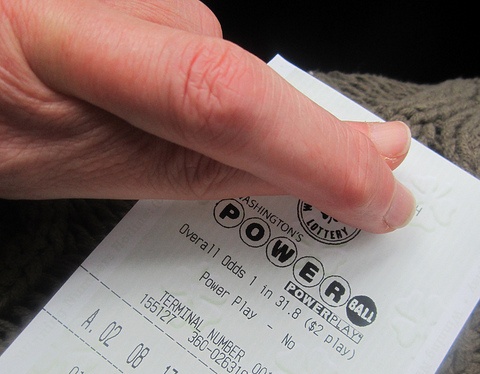
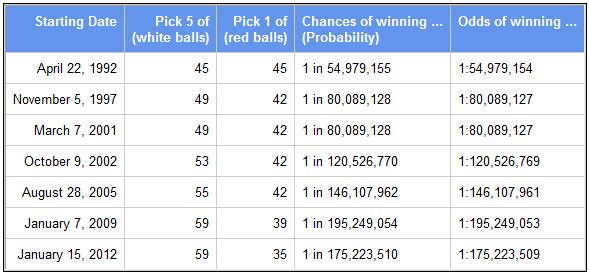

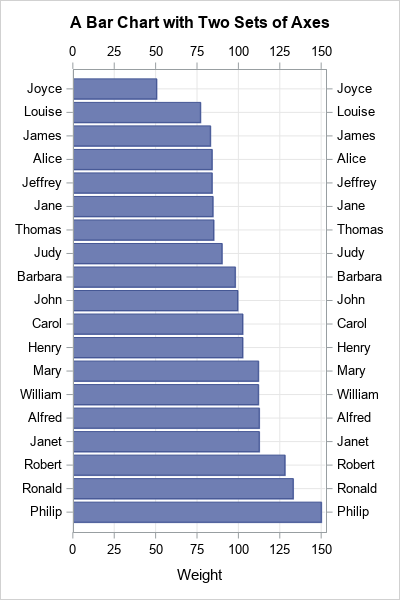

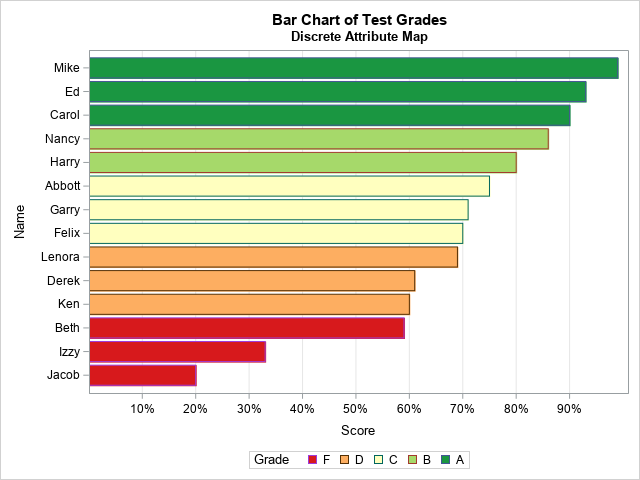
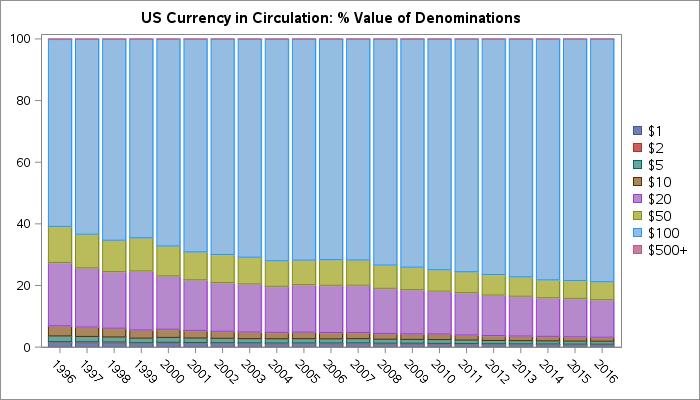

3 Comments
I've seen one self-proclaimed lottery expert insist till he's blue in the face that you should never pick your numbers using a 'quick pick' - because they are less likely to win..! He never quite managed to justify why that made the slightest sense.
But Quentin has already hit on the only real reason a quick pick isn't necessarily your best option - because it could well spit out a combination of commonly picked numbers. How unlikely that is depends on how many combinations you consider made up of mostly/entirely commonly picked numbers.
So buy a quick pick and move on :-)
Hahaha - I should do a blog on "doubling your odds"! ;-)
The "best" lottery strategy I have heard is to pick unusual numbers. Since lots of people pick dates, pick only numbers > 31. You can't do anything about the abysmally low probability of your number winning, but by picking unusual numbers, you can decrease the chance that you'll have to share your winnings on that glorious day when your number comes in.
The same person (stat prof actually) who shared that "tip" would also poll for people who had played the lottery that week. Then he would hold up an envelope labeled "GUARANTEED METHOD TO DOUBLE YOUR CHANCE OF WINNING THE LOTTERY NEXT WEEK" and auction it off among the lottery players. And when the winner opened it, the note inside said "buy twice as many tickets." : )